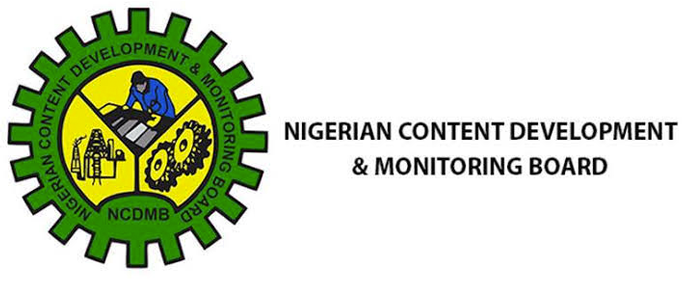 Mkpoikana Udoma
Mkpoikana Udoma
Port Harcourt — The Nigerian Content Development and Monitoring Board, NCDMB, has secured a crucial consensus among major oil producers and manufacturers to scale up in-country production and utilization of line pipes in oil and gas operations.
The move aims to deepen local content, reduce reliance on imports, conserve foreign exchange, and create jobs.
This was the highlight of a one-day Stakeholders’ Workshop on Manufacturing of Line Pipes in Nigeria: Processes, Challenges, and Opportunities, in Yenagoa, Bayelsa State which brought together key industry players, including international oil companies, IOCs, under the Oil Producers Trade Section, OPTS, and indigenous operators from the Independent Petroleum Producers Group, IPPG.
The stakeholders were joined by leading pipe manufacturers, pipe coaters, and the NNPC Upstream Investment Management Services, NUIMS, to assess progress made since 2011 in achieving local manufacturing targets.
Declaring the workshop open, Executive Secretary of the NCDMB, Engr. Felix Omatsola Ogbe, described line pipes as “a major driver in oil and gas industry operations,” adding that “without line pipes, you cannot evacuate products.”
He stated that the Nigerian Oil and Gas Industry Content Development, NOGICD Act, 2010, envisions 100% local manufacturing of seamless and welded pipes, an objective that has been in focus since 2011.
Despite progress, Ogbe noted that significant work remains to achieve this goal. “We need to take stock of ongoing projects and address lingering challenges to ensure we stay on course,” he said.
Ogbe represented by Alhaji Abdulmalik Halilu, Director, Monitoring and Evaluation, he emphasized that increasing local production would retain revenue and create jobs, and assured that NCDMB would continue working with stakeholders to drive the initiative forward.
Setting the tone for discussions, Ogbe posed six critical questions to the participants, including whether Nigeria should continue to focus on local line pipe manufacturing, the current status of ‘Made-in-Nigeria’ line pipes, and what policies or incentives are needed to encourage investment.
The resounding response from industry stakeholders was a unified commitment to boosting in-country manufacturing. “Nigeria sits on oil and gas, and there must be commitment to manufacture line pipes,” said Mr. Chidi Nzerem, Managing Director of Brentex Petroleum Services Limited.
Brentex, currently developing an LSAW Line Pipe Mill in Calabar, has already invested $64 million but requires an additional $176 million to complete the project. Nzerem assured stakeholders that “within the next 36 months, line pipes will start rolling out from the mill if the required funds become available.”
Similarly, Frigate Pipe and Tubulars Limited reported steady progress on its seamless pipe mill, with most of the manufacturing line acquired and installation expected to be completed in 24 months. However, Mr. Bankole Olugbile, Chief Financial Officer at Frigate, stressed the need for long-term cheap funding to sustain such investments.
International oil companies, including Shell, ExxonMobil, and TotalEnergies, affirmed their willingness to procure locally manufactured line pipes, provided they meet global quality standards and delivery timelines.
Shell’s Supply Chain Manager, Mrs. Chioma Okpoechi, revealed that the company spent $43 million on line pipes between 2019 and 2024 and has earmarked $115 million for procurement over the next four years.
“This should encourage Made-in-Nigeria manufacturers,” she said, while stressing that quality and timeliness remain non-negotiable.
ExxonMobil urged local manufacturers to ensure cost competitiveness and align their production with industry needs. TotalEnergies and indigenous operator Seplat Energy also pledged full support for the initiative.
While commending NCDMB’s Equipment Component Manufacturing Initiative, ECMI, and the introduction of the Nigerian Content Equipment Certificate, NCEC, manufacturers called for further government intervention to curb illegal importation of coated line pipes, particularly by marginal field operators.
They also urged NCDMB to facilitate access to credit facilities from financial institutions.
In response, Dr. Ama Ikuru, Director of Corporate Services and Capacity Building, NCDMB, acknowledged the concerns, advising manufacturers to leverage whistleblowing mechanisms to expose illegal imports. “We’ll follow up,” he assured.
Wrapping up discussions, Engr. Abayomi Bamidele, Director, Project Certification and Authorization, NCDMB, suggested that manufacturers and pipe coaters should draft a bill for the National Assembly to involve Customs and Excise in regulating imported line pipes.



